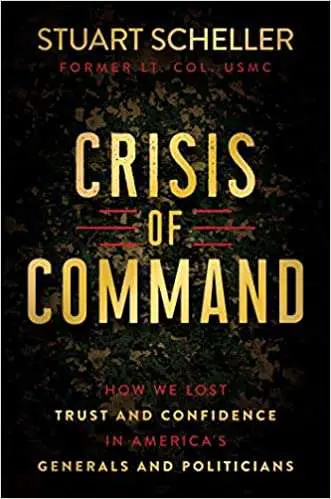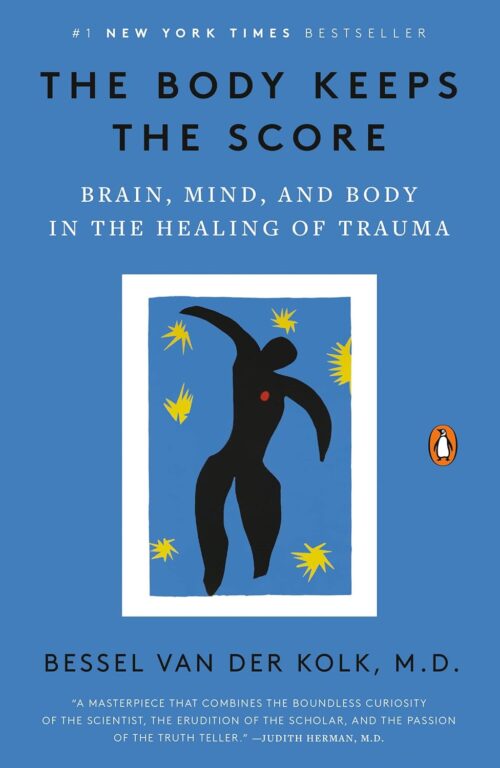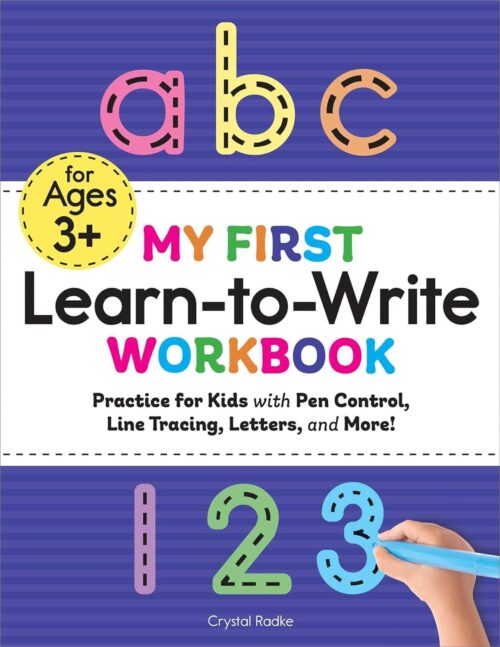Description
There are many factors that contribute to our crisis of confidence in democratic Western societies. From the 2008 global financial market meltdown, to an increasing polarization of society, to a diminished sense of personal agency and powerlessness, the cumulative effect has been the growth of anti-political sentiment and a lack trust in those who represent us. Our declining trust in politicians is mirrored across many domains including law enforcement agencies, media organizations, regulatory authorities and even institutions like churches. This blog post will provide an overview on the nature of trust and confidence in democratic societies. It will also explore the role of law enforcement in maintaining public trust and confidence, as well as how we can influence the level of trust that members of the public have in police.
Trust is an important part of a functioning society – from basic relationships to business dealings to our institutional systems. In general, there are two types of trust: Higher-order trust involves trusting other people or institutions with whom we have a relationship or connection. Lower-order trust is about trusting others whom we may not know or have more limited interactions with (Baker et al., 2011).







Reviews
There are no reviews yet.